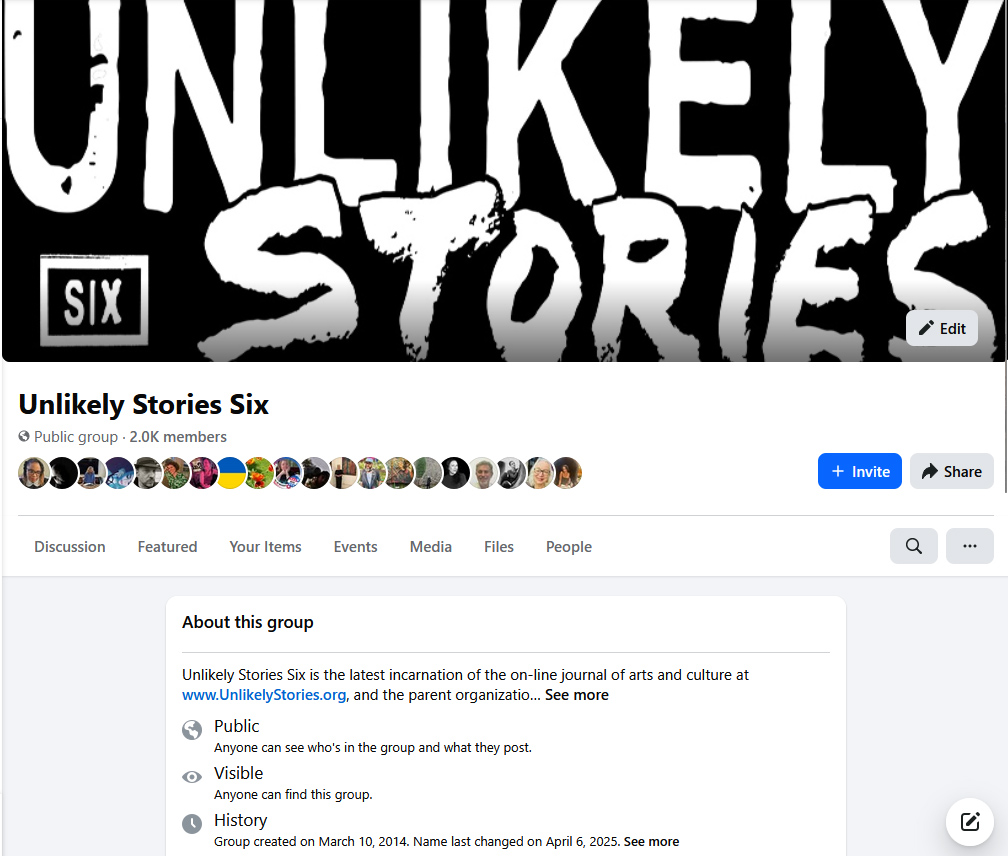"Blood Vertigo" (Ralph La Charity), "As Blood is the Fruit of the Heart: A Book of Spells" (John Bradley), and "The Rain that Doesn’t Touch the Ground" (George Kalamras)
by dan raphael
It’s probably best to not read the blurbs before the book “a love song for the West” “a profound love and respect for the region and its creatures, humans and otherwise (Jeff Gundy “George Kalamaras is the consummate poet of reverence.” (Sheila E. Murphy). And my friend Jim, a Friend of Kalamaras, said it was George’s most personal book. I’ve read a couple of his books in the past—rich, leaping, imagistic—and I want to approach The Rain That Doesn’t Touch the Ground in its own light, not in comparison with past books.
Kalamaras starts off at full poetic strength:
“We leaned forward into our past,
listening back hard. And then the moon rose,
golden, oozing a mixture of sunflowers
and kerosene, pouring out its insides
into us.”
[“Beneath the Medicine Moon”]
“Train from Denver to Grand Junction’ tessellates the elegiac with some perceptual leaping:
“Someone asked the ticket taker
how long to Pueblo. And she said
something about lying down
on our back with wind in the mouth
allowing it to depart through the left ear.”
He’s travelling through Colorado, but also through himself, exploring his internal West, as at the end of this same poem:
“The trees seemed to be moving faster
and slower than the train. When would it stop,
I wondered, this sense that my two good feet
Were not enough? And how might me make
The long night of our throats listen and not speak?”
Sparkling, breath-catching beauty abounds in this book.
The even-numbered sections, each titled “The Somnambulist Dreams,” each have a single poem involving a dream with a real person with connections to the American West:--Georgia O’Keefe, Cormac McCarthy, John Haines and Frank Waters.
Section 3, “Something Akin to Kind Bloodlight,” sitting between O’Keefe and McCarthy, has animals in the titles of 4 of the first 6 poems, and there are animals throughout this section, wandering through the landscapes in- and out-side the poet:
“She is too young to be young. She moves
as if the first season, exacting her stance.
This is home because some animals die.
She came to alter me with her breathing.”
[Coyote Crossing the Road]
The poet’s questing personality, seeing much and not always sure what it means. As many of us do.
“The way we long for primordial wool.
Put on a shirt. Adjust a button.
And lie with the night sky that lays down
its scars into the galaxies we glimpse
of and weep.”
[Spoken Into]
Several of the poems in Section 5 mention actual places in their titles, including Big Timber, Dixon and Forst Morgan. There’s often a sense in the poems of not just travelling through space but also time, as if once you stop moving, have a place, time expands, mostly into the past.
“What was attempting to sound from the bullboat
and rut? From blotches of snow
browning on tattered buffalo hide?
From bee-weave like spun sugar in sagebrush?
Our beagle seemed to know.”
[Big Timber, 1998]
The previous stanza of this poem refers to William Clark.
This section also has poems concerning Nikola Tesla, Doc Holliday and Jesse James.
“When Nikola Tesla died, a little light eased out of his left
ear. Sparrows pulled apart from his dead belly to reveal
nomadic paths of bees, alight with the northern lights,
repeating themselves on journeys from Namibia to Brazil.
Telegrams poured in from the four corners of grief”
[The Death of Nikola Tesla]
Kalamaras can always dazzle with pyrotechnic imagination.
Section 7, “Nocturne of the Winter Night,” Begins and ends with owls, and the titles of several of the poems refer to night. The focus here is largely on the poet, not historic figures or historic towns.
“The rain is raining again.
It always seems to rain rain.
Somehow, parts of ourselves
flake off, but they don’t look like me.
They resemble barnacles
that have been traveling a long way.”
[Rain all Night in the Rain]
Simple, direct, surgical language, rain and me, could be anyone here.
Kalamaras’s presentness--showing up ‘tween places, animals and people in the other sections, humbly takes more of the stage in this section.
“The autumn leaves keep falling. So much
of me is gone, dropping through
the still resinous earth, even as I find more of myself
in these late middle years in the whining
of foxes. In the disturbing distance of the stars.”
[This Hour]
Yes, the book has a 9th section, but there’s been so much insight, yearning, vibrance and earth power here I am full. This last run of poems is of quality consistent with the rest of the book, but could also have been scattered throughout the rest of the book. On the other hand, while I’m too full for dessert, this section could be great with morning coffee:
“Our mornings on this autumn
Mountain are mornings mostly of fog and bits of almost rain
Somehow the sun comes to pierce most days
And cloudburst our heart
With a scorching sound
And the tip of its flaming sword”
[If We Could Ask Water to Finally Forgive Water]





Add comment